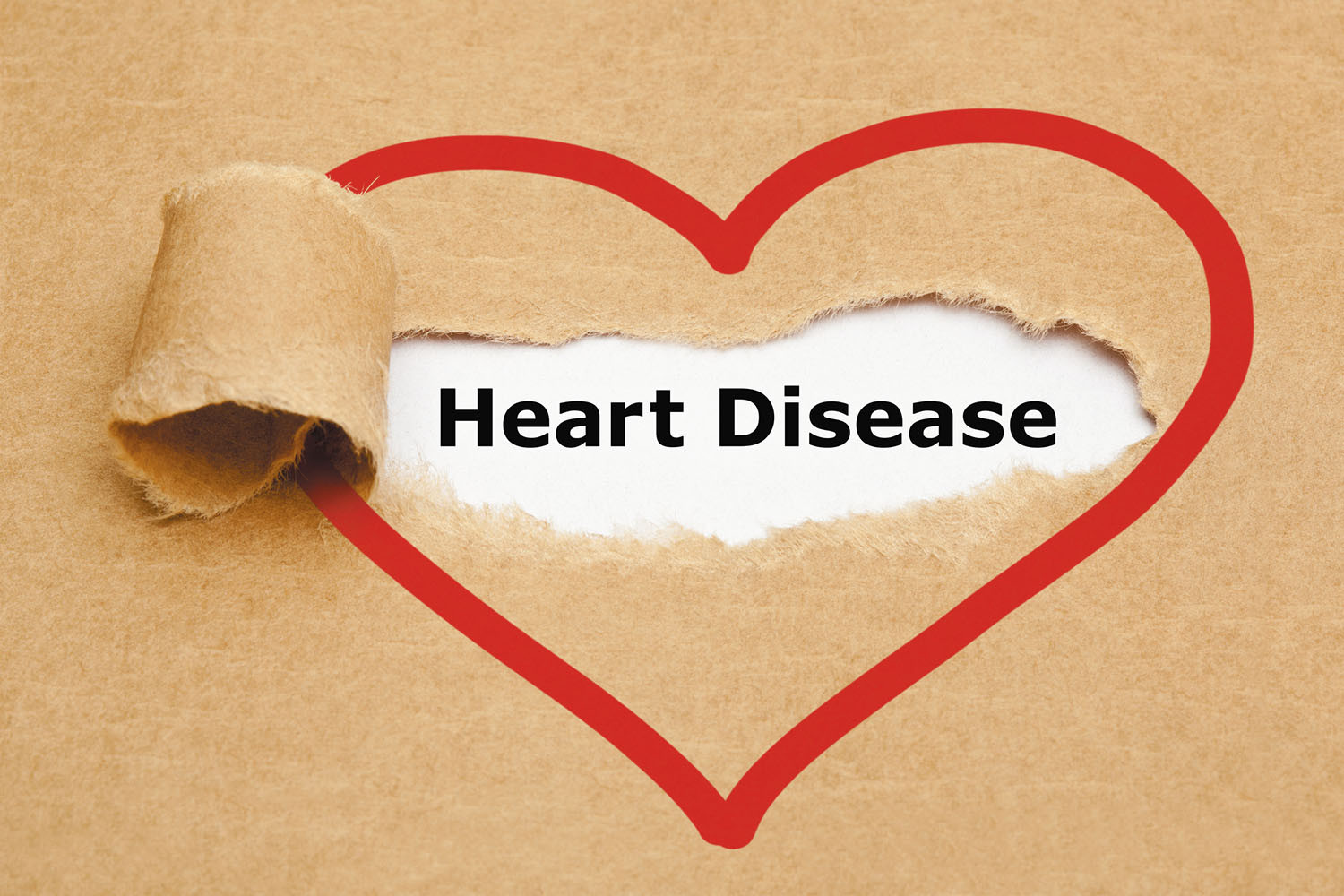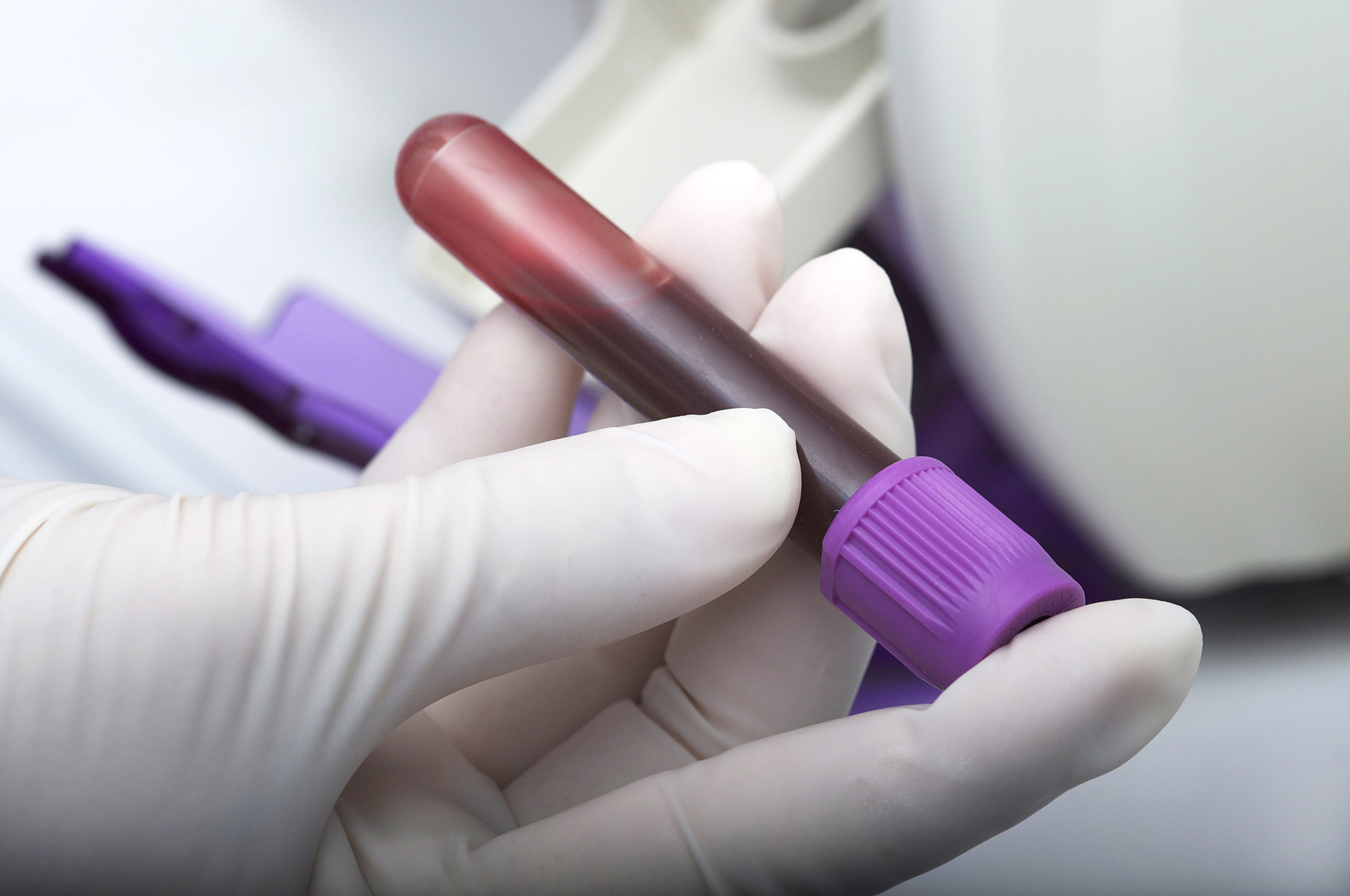
How �� and why �� to fit more fiber and fermented food into your meals

UTI in older women: Why postmenopausal women are susceptible to urinary tract infection, and what to do about it

Can a routine vaccine prevent dementia?

Some adults may need a measles booster shot. Who should get one and why?

Less butter, more plant oils, longer life?

Healthier planet, healthier people

Counting steps is good �� is combining steps and heart rate better?

Appendix pain: Could it be appendicitis?

Can saw palmetto treat an enlarged prostate?

How does Ozempic work? Understanding GLP-1s for diabetes, weight loss, and beyond
Men's Health Archive
Articles
Thriving with localized prostate cancer
There's a lot you can do to improve your outcome if you're taking an active surveillance approach to your diagnosis.
��Image: © Nastasic/Getty Images
About 90% of men diagnosed with prostate cancer have the localized kind, which means the cancer is confined to the prostate gland. And for many, a reasonable approach is active surveillance, in which men choose to monitor their cancer instead of going straight into invasive treatments, such as surgery or radiation therapy.
Active surveillance includes a doctor visit about every six months, most often with a prostate-specific antigen (PSA) blood test and digital rectal exam.
Finding hidden risk for heart disease
These conditions are associated with a higher risk.
��Image: © IvelinRadkov/Getty Images
Most men are familiar with the common strategies to reduce their heart disease risk: keep cholesterol in check, manage high blood pressure, follow a heart-healthy diet, and perform regular exercise. But there may be other preventive steps you can take.
"Some age-related conditions can further increase your risk without you knowing it, which is why it's important to be mindful about all aspects of your health," says Dr. Michael Gavin, a cardiologist with Harvard-affiliated Beth Israel Deaconess Medical Center. "Fortunately, once they are recognized, these other risk factors can be addressed and managed."
Straight talk about your sex life
Although many older men enjoy active sex lives, most don't share sex-related questions and concerns with their doctor.
��Image: © bernardbodo/Getty Images
While you discuss many subjects with your doctor, like proper blood pressure and cholesterol levels, your sex life probably doesn't make the list �� but it should.
"Even though you may have an aging body, you can still feel healthy, vigorous, and full of life, and your sex life should be part of that," says Dr. Sharon Bober, director of the Sexual Health Program at Harvard-affiliated Dana-Farber Cancer Institute.
Is prostate cancer linked with other cancers?
On call
Q. I was recently diagnosed with prostate cancer. Does the occurrence of one type of cancer indicate a greater risk of developing other kinds?
A. Prostate cancer is the most common cancer among men, and almost every man will get prostate cancer if he lives long enough. In general, prostate cancer that develops after age 60 probably does not increase the risk of getting a different kind of cancer. However, there are some exceptions.
Prostate screening guideline highlights patient choice
In the journals
��Image: © jarun011/Getty Images
The U.S. Preventive Services Task Force recently updated its guideline for prostate-specific antigen (PSA) screening for prostate cancer.
The group now recommends that for men ages 55 to 69, screening should be an individual choice, and a man should discuss the pros and cons with his doctor before making a decision. The report, published online May 8, 2018, by The Journal of the American Medical Association, differs from the 2012 guidelines that recommended against screening for all men.
New blood test guides researchers toward the best treatment for aggressive prostate cancer
Tumors that spread, or metastasize, in the body shed cells into blood that doctors can scrutinize for insights into what a patient’s cancer might do. Analyzing these so-called circulating tumor cells (CTCs) isn’t part of routine care yet, in part because they’re so hard to pick out of the millions of normal cells in a […]
Retirement blues: Taking it too easy can be hard on you
It might seem like retirement is a time to take it easy and devote yourself to gardening, golfing, and napping. But don't take it too easy, say Harvard experts. For optimal well-being, you need to stay engaged �� with your own interests as well as with other people.
Making the change
Newly retired men face some typical difficulties. One is creating a new routine after leaving behind the nine-to-five grind. "During that phase of going from a lot of structure to almost no structure, men can exhibit the same signs as someone who is overworked," explains Dr. Randall Paulsen, a psychiatrist at Harvard-affiliated Brigham and Women's Hospital.
Influential task force issues new recommendations on prostate cancer screening
Back in 2012, the US Preventive Services Task Force (USPSTF) took aim at the prostate-specific antigen (PSA) screening test for prostate cancer with a blanket recommendation against it for all men. This was a big deal. The Task Force is widely seen as the top expert panel on cancer screening in the United States, and […]
Diagnostic MRIs allow some men flagged by PSA screening to avoid a biospy, new study shows
A specialized type of diagnostic MRI scan can reduce the number of invasive prostate biopsies by nearly a third, according to results from a newly published international study. An MRI machine uses a very large magnet, a radio-wave transmitter, and a computer to construct detailed pictures of structures inside the body. The new study relied […]

How �� and why �� to fit more fiber and fermented food into your meals

UTI in older women: Why postmenopausal women are susceptible to urinary tract infection, and what to do about it

Can a routine vaccine prevent dementia?

Some adults may need a measles booster shot. Who should get one and why?

Less butter, more plant oils, longer life?

Healthier planet, healthier people

Counting steps is good �� is combining steps and heart rate better?

Appendix pain: Could it be appendicitis?

Can saw palmetto treat an enlarged prostate?

How does Ozempic work? Understanding GLP-1s for diabetes, weight loss, and beyond
Free Healthbeat Signup
Get the latest in health news delivered to your inbox!
Sign Up








